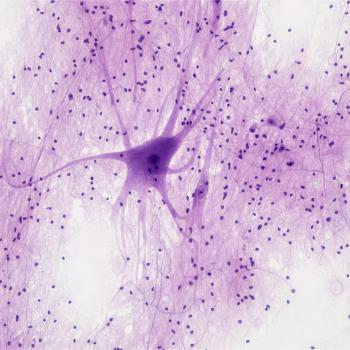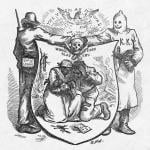I recently spoke at a retreat for a group of lawyers. At the end of my presentation, I challenged them to continually improve and be hooked on lifetime learning. I challenged them to be students for life and seek to learn from everyone and everything. I then explained that as you continually improve you will begin to experience a compound effect and compounding returns. Over time, I told them, this can be harnessed to produce exceptional returns in a person’s life.
Several years ago, I read John Mark Comer’s book, Live No Lies. In the book, he addresses the importance of understanding the “law of returns.” It is very similar to the biblical law of “sowing and reaping.”
Theologian Cornelius Plantinga describes it this way:
No matter what we sow, the law of returns applies. Good or evil, love or hate, justice or tyranny, grapes or thorns, a gracious compliment or a peevish complaint—whatever we invest, we tend to get it back with interest. Lovers are loved; haters, hated. Forgivers usually get forgiven; those who live by the sword die by the sword. “God is not mocked, for you reap whatever you sow.”
Comer then describes what is called Hebb’s law. This law is used in neuroscience and states that: “cells that fire together wire together.” Translation: every time you think or do something, it becomes easier to think or do that same thing again, and the more you repeat this process, the harder it is to break the self-perpetuating cycle. Through repetition, thoughts and actions get into your brain’s habit system, the basal ganglia, which is either your best friend or your worst enemy depending on what you sow into it, and are then encoded into the wiring of your brain.
For years, psychologists have been telling us that our choices eventually become our habits and then our habits form our character. Our character will then determine the ultimate outcome of our lives, because if you think about it, the things we do, do something to us and it shapes the people we become.
Well-respected psychologist and researcher Dr. Erich Fromm lived through both world wars and lost his Jewish faith on the other side of that trauma. After researching Nazism for years, he came to the conclusion that no one starts out evil; instead, people become evil “slowly over time through a long series of choices.”
Comer concludes with these words:
The daily decision to rejoice—to cultivate a way of seeing our lives in God’s good world, not through the lens of our phones, news apps, or flesh, but through gratitude, celebration, and unhurried delight—will over time form us into joyful, thankful people who deeply enjoy life with God and others. What starts as an act of the will eventually turns into our inner nature. What begins with a choice eventually becomes your character.
Richard E Simmons III is the founder and Executive Director of The Center for Executive Leadership and a best-selling author.












